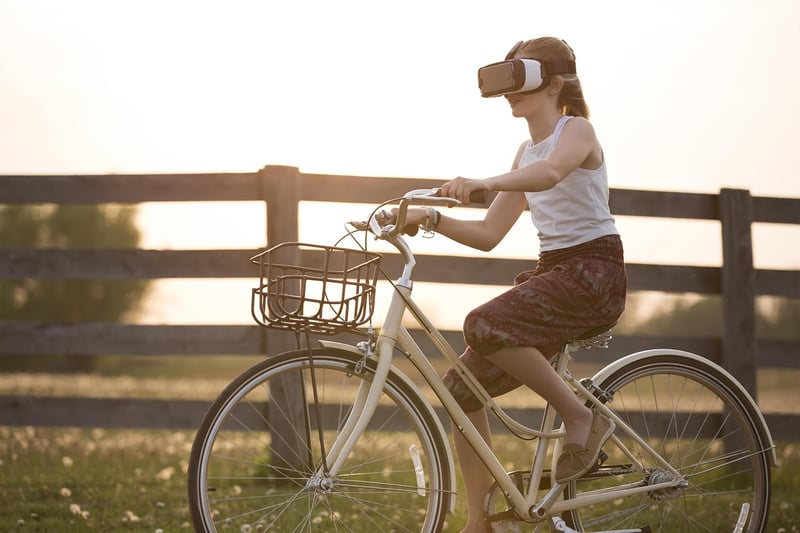AR in Retail
The Future of Retail: Cutting-Edge Technology Careers in Augmented Reality

As technology continues to revolutionize the retail industry, cutting-edge careers in augmented reality (AR) are becoming increasingly prevalent. AR has the potential to transform the way consumers shop, interact with products, and engage with brands, creating exciting opportunities for professionals in this field.
What is Augmented Reality?
Augmented reality is a technology that overlays digital information such as images, videos, or 3D models onto the real world using a smartphone, tablet, or AR glasses. In the context of retail, AR enhances the shopping experience by allowing customers to visualize products in their physical space before making a purchase.
How is AR Revolutionizing Retail?
AR is revolutionizing the retail industry in several ways:
- Virtual Try-Ons: Customers can use AR to try on clothing, accessories, and makeup virtually, helping them make more informed purchasing decisions.
- Product Visualization: AR enables customers to see how furniture, home decor, or electronics would look in their space, leading to increased confidence in buying high-ticket items online.
- Interactive Experiences: Brands can create interactive and engaging AR experiences to showcase their products in a unique and memorable way, driving customer engagement and loyalty.
Careers in AR for Retail
Professionals interested in pursuing a career in AR for retail can explore the following roles:
- AR Developer: Responsible for creating AR applications and experiences tailored to the retail industry.
- UX Designer: Designs intuitive and user-friendly AR interfaces for retail platforms to enhance the customer experience.
- Digital Marketer: Utilizes AR technology to create innovative marketing campaigns that drive customer engagement and product awareness.
Skills Required
Individuals looking to thrive in AR careers for retail should possess a combination of technical skills, creativity, and industry knowledge. Skills that are particularly valuable include:
- Programming languages such as Unity, C#, or JavaScript.
- 3D modeling and animation skills.
- Understanding of user experience (UX) design principles.
- Knowledge of retail industry trends and consumer behavior.
Conclusion
As AR continues to reshape the retail landscape, the demand for skilled professionals in this field is on the rise. By developing the necessary technical skills and staying abreast of industry trends, individuals can embark on rewarding careers that blend technology and creativity in the dynamic world of retail.
Embrace the future of retail with AR technology and unlock a world of possibilities in this exciting and innovative field!
